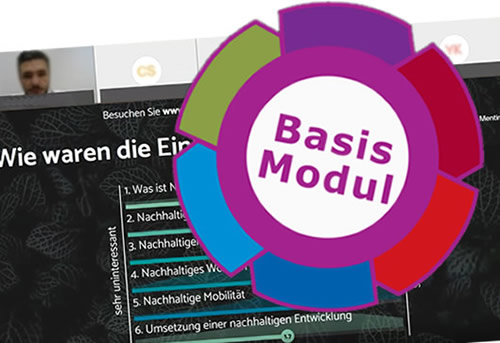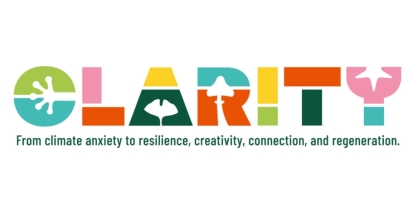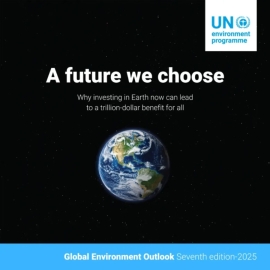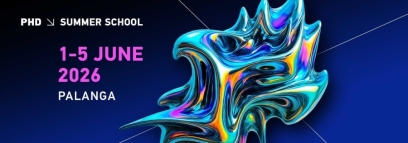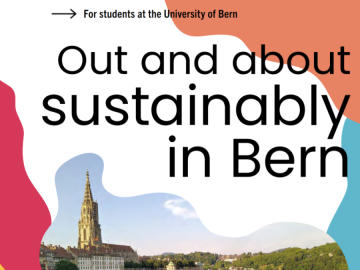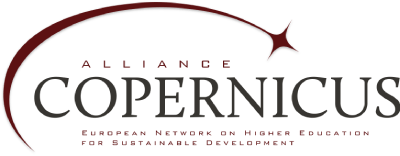How to teach sustainability in a disciplinary university landscape and reach students from all disciplines? The University of Graz addresses this common dilemma with a university-wide ”Basic Module”: Six optional introductory courses deal with interdisciplinary topics and provide an orientation, especially for young people at the start of their studies. Initiated by the RCE Graz-Styria, recently a new course dedicated to ”Sustainable Development” was added to the Basic Module, tailor-made for beginners.
The course was offered for the first time in the winter semester 2020 as part of the university-wide “Basic Module”* and received an overwhelming response, with over 400 registered students. Due to the circumstances, the six lecture units were delivered either fully online or in a hybrid format with livestream.
The contents provided a low-threshold introduction to the topic of sustainability and built upon the UN Agenda 2030 for Sustainable Development, including its 17 Sustainable Development Goals. The ambition was not just to teach theory but to demonstrate practical examples and possibilities for integrating sustainability in daily life. Correspondingly, each unit was co-designed and facilitated by a scientist from the university and an external expert. Architects, farmers, mobility planners, and entrepreneurs had their say. Together with the audience they discussed individual options for action in the areas of nutrition, consumption, housing, mobility, and politics.
The organizers from the RCE Graz-Styria attributed great importance to this exchange although it had to take place mainly in virtual mode. The online tool Mentimeter proved to be very useful for discussions and live polls and was well accepted by the participants. In addition all sessions were recorded and made available to students.
*About the Basic Module: The Basic Module at the University of Graz consists of six courses dedicated to: "Sustainable Development", "Digitalization in Academia and Society, Students' Everyday Lives and Self-conceptions in Academia", "Self Management at the University and in Business: Successful Searching and Finding in the University Library", "Gender Studies" & "Responsibility in Science and in Business". Upon completion of at least three courses students receive a certificate.

